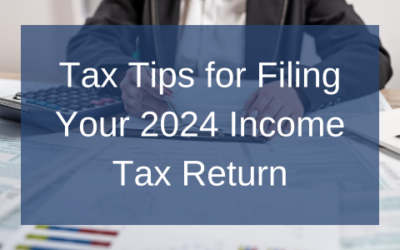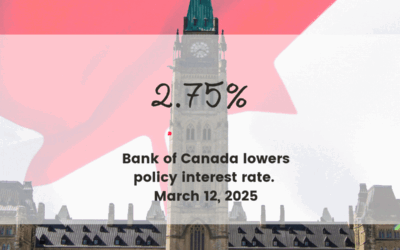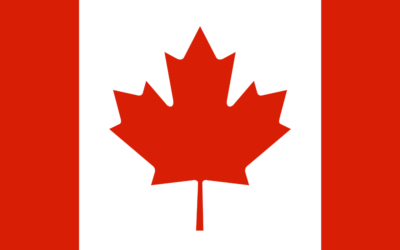Starting Your Career
I’M STARTING A NEW CAREER, WHAT DO I NEED TO DO?
Starting Your Career
Who?
- Age 21 to 34 Years Old
- Starting your career
- Finished school
Priorities
- Pay off debts, student loans, credit cards
- Establish an emergency fund
- Start a Budget
- Pay yourself first: start a regular savings plan
- Downpayment for a home
- Save for large purchases: such as car,
- Start saving for your retirement
- Review your benefits from work including your health and disability benefits.
Latest News
Tax Tips for Filing Your 2024 Income Tax Return
Get ahead of tax season! Discover what’s new for 2024—from increased CPP contributions and Home Buyers’ Plan changes to key deductions and credits. Maximize your refund and avoid costly mistakes.
Bank of Canada Announces Interest Rate Cut Amid Economic Uncertainty
The Bank of Canada has cut interest rates to 2.75%, reflecting ongoing economic challenges and trade uncertainties.
Market volatility is normal, but staying disciplined and diversified helps manage risk over the long term.
If you have questions or concerns, please reach out—we’re here to help.
#BankOfCanada #InterestRates #MarketVolatility #FinancialWellbeing
2025 Canadian Controlled Private Corporation Tax Rates
Stay updated on 2024-2025 Canadian corporate tax rates for CCPCs. Small business rates start at 9%, active business varies, and investment income is 38.7%.






